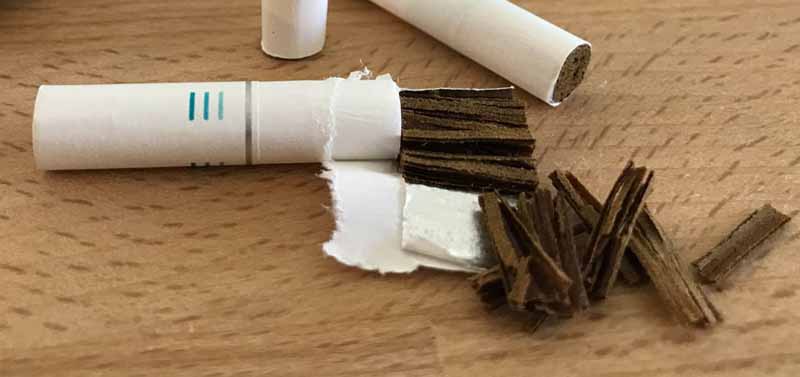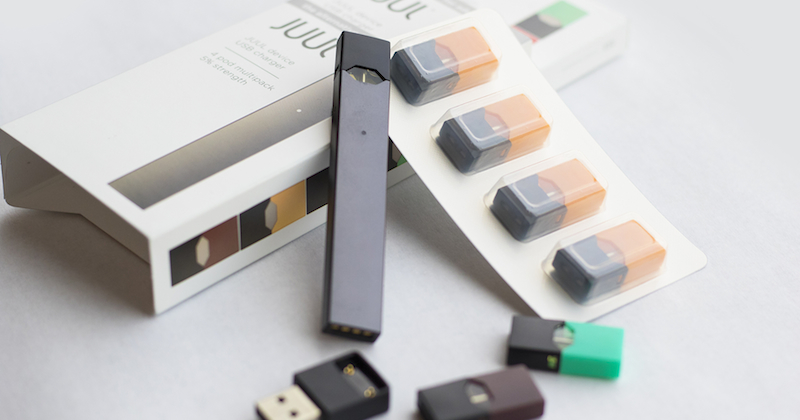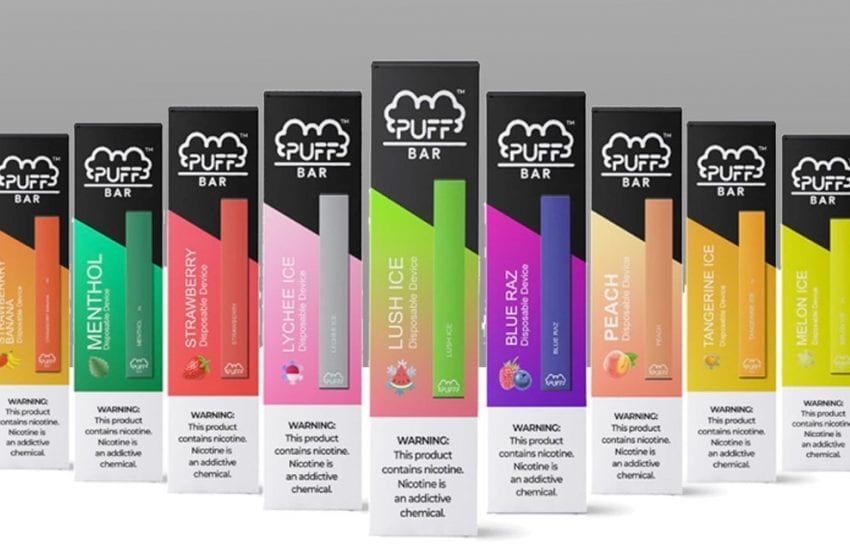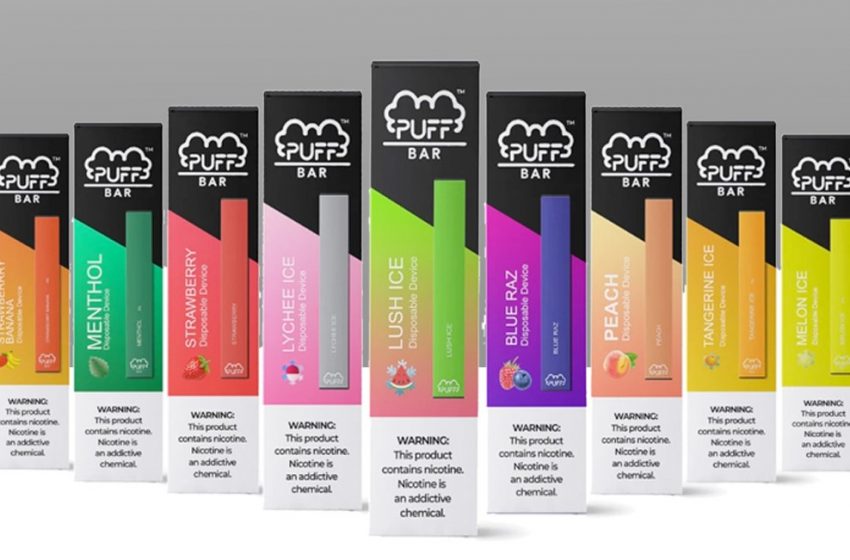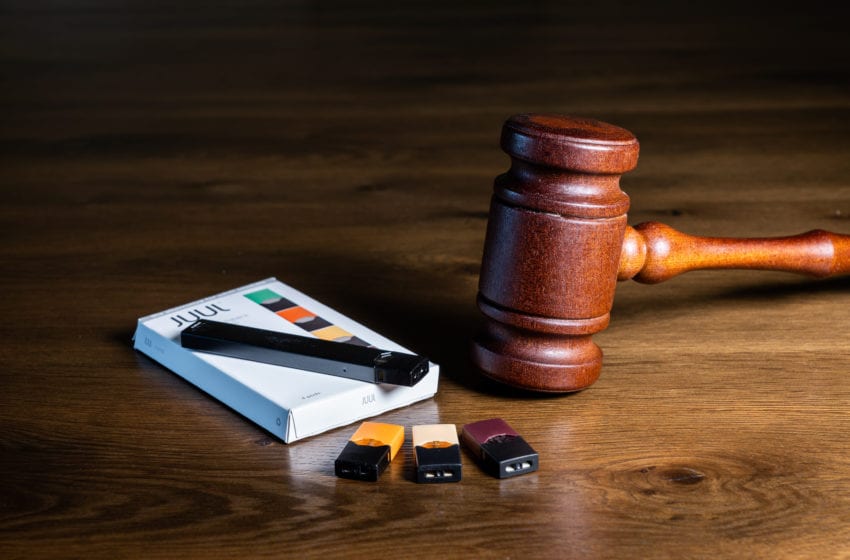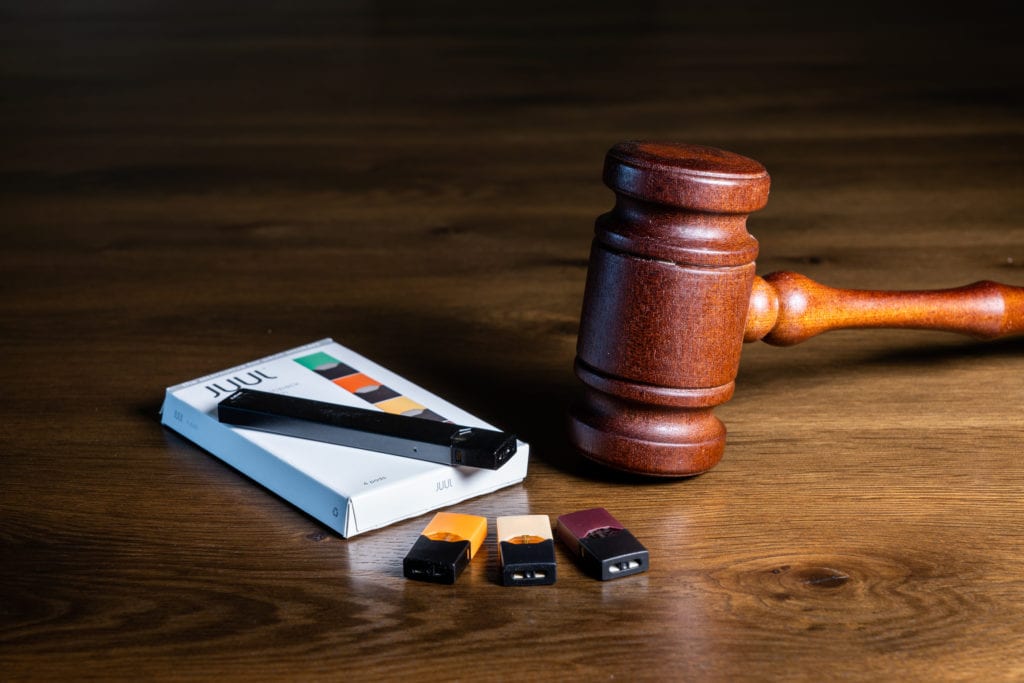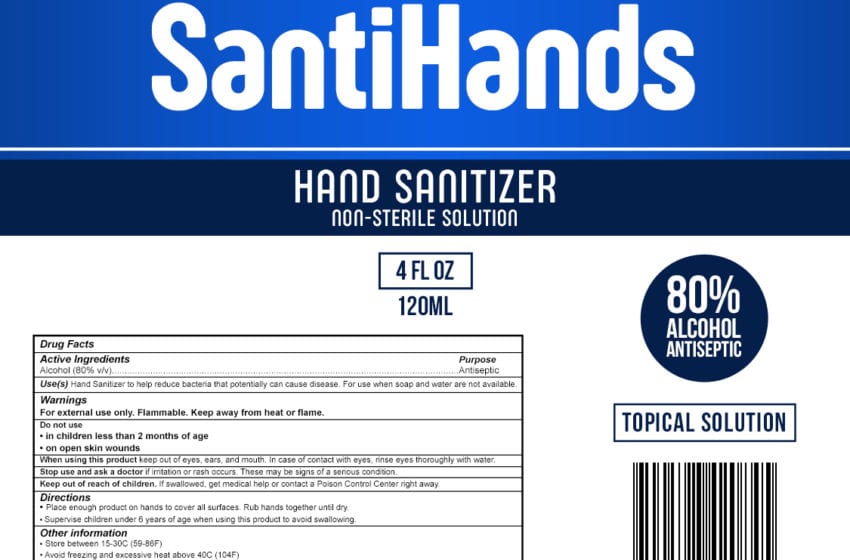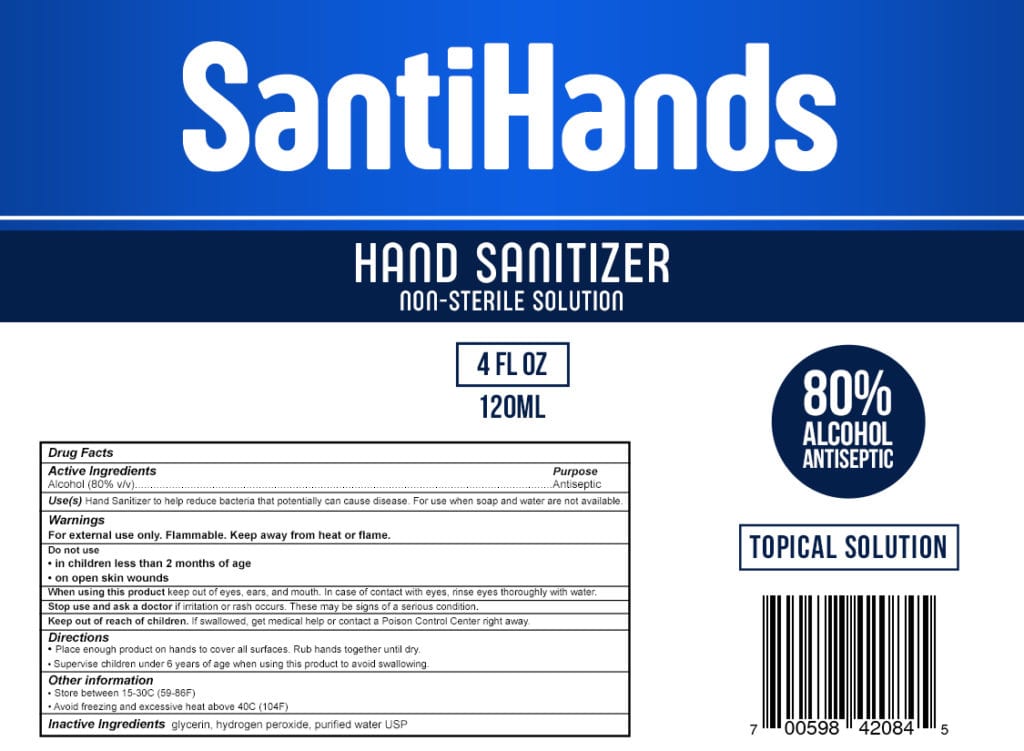The U.S. Food and Drug Administration’s (FDA) decision to regulate e-cigarettes as tobacco products has been upheld in a federal court. The ruling rejects challenges from the e-cigarette industry claiming the agency had violated the U.S. Constitution’s Appointments Clause.

A unanimous panel of the D.C. Circuit U.S. Court of Appeals ruled Thursday that the regulation did not run afoul of the Appointments Clause because the FDA official who promulgated it was not appointed by the president and confirmed by the Senate, according to Westlaw Today.
Jonathan Wood of the Pacific Legal Foundation, a lawyer for the plaintiffs, said he and his clients were “disappointed” and considering next steps. “The Appointments Clause is an essential constitutional protection for democratic oversight and accountability,” he said. “Yet the court’s decision all but assures that agencies will suffer no consequences when they violate this clause.”A spokeswoman for the FDA did not immediately respond to a request for comment.
The appeal came from a group of vape shops including Michigan-based Moose Jooce and manufacturers of the liquid used in e-cigarettes, all represented by the Pacific Legal Foundation, a conservative legal group.
They argued that the FDA’s then-associate commissioner for policy Leslie Kux, who issued the 2016 rule deeming e-cigarettes to be tobacco products, lacked the authority to do so because she was a career employee, not a principal officer appointed by the president.
The FDA countered that the authority had been delegated to Kux by the agency’s commissioner. Furthermore, it said, her authority did not matter because the rule was ultimately ratified by two different FDA commissioners, most recently FDA Commissioner Scott Gottlieb in April 2019.
U.S. District Judge Christopher Cooper in Washington, D.C. agreed that the ratification overcame any Appointments Clause issues, and the plaintiffs appealed. Circuit Judge Judith Rogers, writing for a unanimous panel Tuesday, agreed, rejecting the plaintiffs’ arguments that Gottlieb was required to conduct a new review before ratifying the rule, and noting there was no evidence in the record that he had not.
“Commissioner Gottlieb’s ratification, for the reasons discussed, cured any potential Appointments Clause defect arising from Associate Commissioner for Policy Kux’s issuance of the Deeming Rule,” she wrote.
Circuit Judge Cornelia Pillard and Senior Circuit Judge David Sentelle joined in the opinion.
E-cigarettes are handheld electronic devices that vaporize a fluid that often contains the addictive substance nicotine. The devices have been grabbing market share from traditional tobacco companies.


